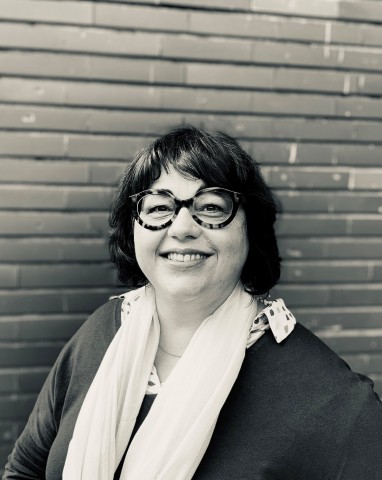
What does scientific mediation mean to an institution like the CNRS, and what are the present and future issues involved?
The CNRS regards scientific mediation as a particularly important mission. It provides first-hand experience of the scientific method in all fields of knowledge, helping all citizens understand the world around them. The CNRS will be awarding the first Medal for Scientific Mediation on 29 September, testifying to its commitment as an institution. Its researchers, engineers, technicians and administrative personnel are also daily actors in a long-term commitment to mediation targeting all sectors of the public.
Finally, I should mention that the Centre-Est delegation and its laboratories work on a daily basis with its academic partners to develop such tools as lectures, screenings with discussions, podcasts, and meetings with schoolchildren and their teachers, enabling researchers to go out and meet the public at large, including in the most remote locations. Mediation is in our delegation’s DNA and our aim is to “showcase science”.
How would you define researchers’ role, young researchers in particular? How do you set about encouraging their training in mediation, and to what end(s)?
Researchers play a key role as they’re keen to show citizens their work and get them to participate in it. I’d say that mediation is a two-way arrow: it’s not a matter of explaining research to a novice but rather an exchange between public and researcher. Researchers can testify to how much such encounters contribute to their work. All questions are of interest in the scientific approach.
The younger generations of researchers are particularly committed to such sharing of their work with the general public, due to their PhD training and initial years of research. It’s clear that they’re not all natural mediators and that some subjects are easier to share than others. That’s why we lend them our support; we help them become knowledge communicators.
You’re supporting the 2021 edition of Science & You: why is this partnership important to you?
I took part in the first edition of Science & You and this new edition in Lorraine is especially important to me. Once again, it provides doctors from all backgrounds with multifaceted training and an international professional forum that should help inform our thinking on the role played by mediation.
It’s altogether natural that we should be taking an active part in the event’s design and promotion, through our common laboratories working in the region, the presence of well-known speakers, and the ties forged in this type of event.
Science & You meeting:
The CNRS will be present during the Science&You 2021 conference. In this context, it will present a panel on Friday 19th November at 8:30 am: "Reaching audiences or being touched by audiences? What relationships are we looking for in our mediation practices?" A meeting hosted by Mélodie Faury, with John Dudley, Lionel Maillot, Judith Dehail et Joëlle Le Marec.
